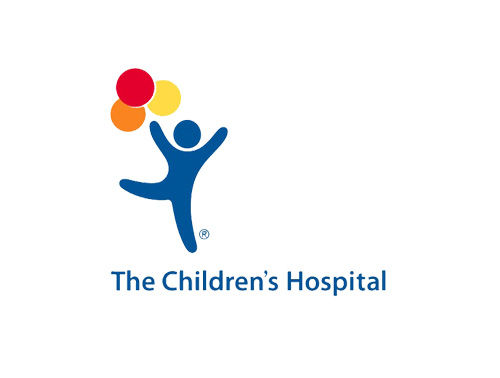Boston Children's Hospital
The Foundation for Peripheral Neuropathy and Boston Children’s Hospital jointly supported a proof of concept preclinical research project to find a new pain therapy for peripheral neuropathy. Having previously discovered a common variant in a gene called GCH1 that protects people (~3% of the population) from developing chronic pain after nerve injury, Dr. Clifford Woolf and his team now wish to discover if drugs can mimic this so that we can pharmacologically convert people who, by virtue of the particular type of GCH1 gene they happen to have inherited, are at a high risk of pain, to resemble those that are at a low risk. This is a completely novel approach to drug development and to finding a new pain therapy.
The premise of the study is to test if two candidate inhibitors of GCH1 can produce analgesia. If the project is successful, the plan then is to immediately develop related compounds suitable for testing in patients with peripheral neuropathy. Because the target has been identified by human genetics, we are confident that if we can find inhibitors that are as effective as the gene variant, we will find a completely new class of drugs to treat persistent neuropathic pain. The fact that the gene variant confers protection against pain without any other apparent harmful effects indicates that such drugs may also have a low side effect profile. This is a study that is much too risky for pharmaceutical companies because it is a quite different model from how they develop analgesics, but the partnership between the Foundation and Boston Children’s Hospital is willing to take the chance, because the science strongly supports it and the need is so great.
Dr. Clifford Woolf is the Director of the FM Kirby Center and Program in Neurobiology, Boston Children’s Hospital and a Professor of Neurology and Neurobiology, Harvard Medical School.
